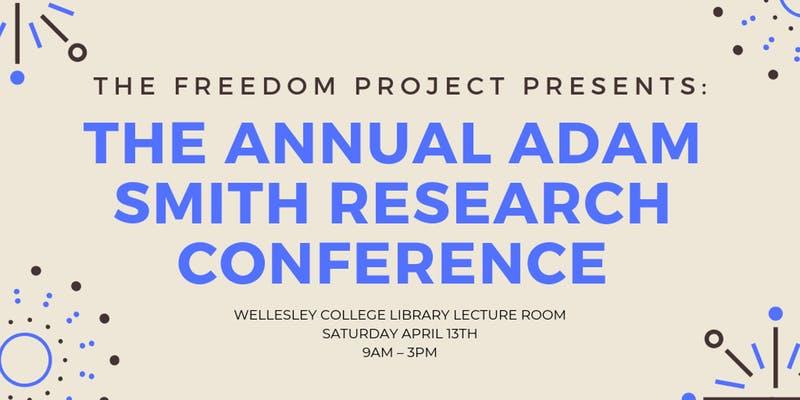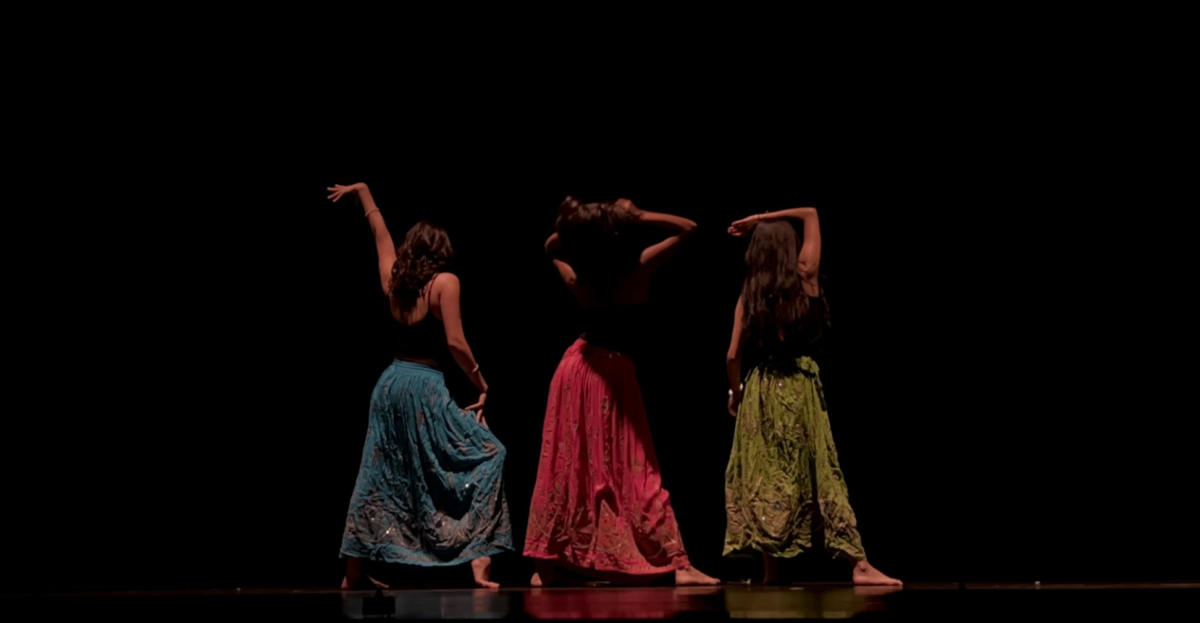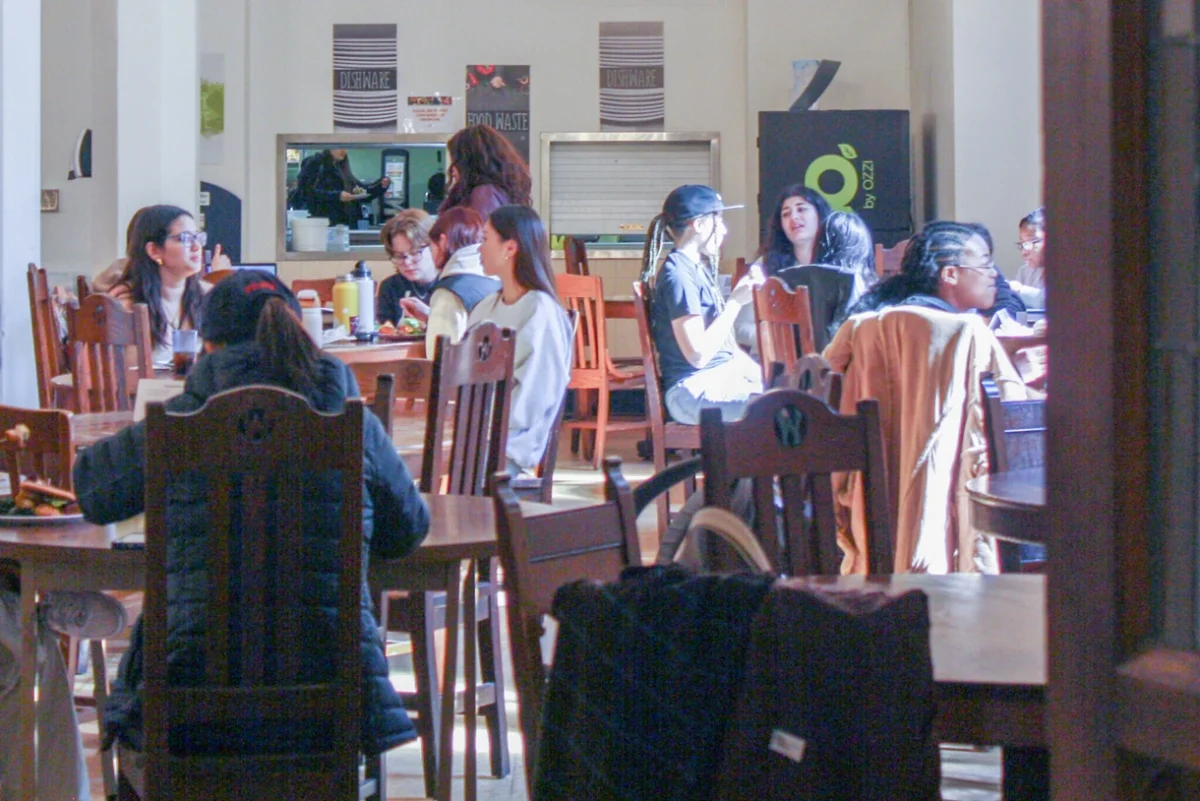Imagine conducting a long-term research project on a topic you’re passionate about and want to explore further. One usually has to wait until graduate school to have that sort of immersive intellectual experience. But with the Adam Smith Fellowship, students in any stage of their undergraduate education have the opportunity to do just that. The fellowship, named after the Scottish economist and philosopher who was a passionate advocate for free speech, is a year long research program that allows fellows to research any topic related to the themes of liberty and freedom.
Kaila Webb ‘20, a Chinese and environmental studies double major, is the student director of the fellowship. Webb was an Adam Smith fellow herself during her first year at Wellesley — for her project, she investigated the geopolitical environment in China before and after Trump. She enjoyed her time being a fellow so much that she wanted to continue working with the fellowship after her tenure was over, and subsequently took on the position of student director. Since then, she has worked on improving the fellowship and finding interesting events in the Boston area that fellows can attend. The annual Adam Smith Conference, which allows fellows to present their research, was the idea of Webb and a previous student co-director.
Fellows begin researching their topic in the fall semester and present their findings in mid-April. They are paired up with mentors who are experts in their area of interest and given other forms of resources and support throughout the research process. Mentors can be faculty members who are Freedom Project fellows or post-doctoral visiting scholars. If they so choose, fellows can use their research to write academic papers. The fellowship even offers them the chance to get their research published.
“We just try to give them as many resources as possible with the broad goal of exploring freedom. It’s a paid opportunity to work for human rights at Wellesley. That’s all it is. There’s no political bias behind it. We pay you to do the thing you’re passionate about,” says Webb.
In addition to the research component of the fellowship, fellows must also attend bi-weekly seminars that are held in the evening. In every other seminar, an academic researcher presents their work on a topic related to freedom. Past seminar speakers include a constitutional lawyer and a scholar studying how public welfare interacts with race. In other seminars, fellows participate in rigorous intellectual debates and discussions about assigned readings.
“We try to focus on teaching [the fellows] skills in regards to critical thinking, free inquisition, having emotionally different conversations, that kind of thing,” says Webb. “If you say an opinion, there’s going to be at least one person who tends to tell you that they think you’re wrong and exactly why they think you’re wrong.”
The fellowship also provides opportunities that extend beyond the classroom. Fellows can attend fully-funded conferences on freedom in the U.S. and abroad, in places ranging from New York to Oslo. The fellowship also funds worldwide internships with organizations that do work related to freedom and human rights. Moreover, these opportunities give the spaces and resources for students to network with professions and develop their intellectual passions into potential careers.
Though first-years are especially encouraged to apply, the fellowship is offered to Wellesley College students of all classes and majors. The breadth of class-years, majors and interests represented by the Adam Smith fellows of the 2018-2019 academic year demonstrates this.
Maya Rubin ‘22 is an Adam Smith fellow who applied to the fellowship to pursue her interest in issues relating to the freedom of speech and the First Amendment. During her time as a fellow, Rubin has worked on a research project investigating freedom of speech rights for public school teachers in the U.S from a legal, developmental and theoretical perspective.
“I kind of jumped at the opportunity to work on freedom of speech issues and first amendment issues, especially in a paid capacity,” Rubin said. “I think [the fellowship] has shown me more concrete ways to do things that I wasn’t really sure I could turn into a career. I already knew that I was really interested in First Amendment Rights and law related to that, but I wasn’t really sure how to turn that into a career…This is something I read about on the weekends, but not necessarily something I could do as a job.”
But through the Adam Smith Fellowship, Rubin found an internship opportunity that aligns with her interest in issues pertaining to freedom of speech. This summer, she’ll intern with the Index on Censorship, an organization in London that advocates for freedom of speech.
Adam Smith fellow Chloey Garza ‘19, a psychology major interested in the psychology of addiction, worked on a research project looking at the contradictions that arise between the 12-Steps program for alcoholism recovery and free will. Garza’s faculty mentor was J.P. Messina, a post-doctoral research fellow at the Freedom Project.
“He was really helpful in guiding my research—not like telling me what to research but saying, hey, this is a topic you might be interested in. So that was something that was really helpful because I had never had a faculty mentor for any research that I’ve done,” said Garza.
Melanie Poggi ‘20, a Davis scholar and political science major, is an Adam Smith fellow who decided to apply to the fellowship on the recommendation of a friend. For her research project, Poggi, who is Puerto Rican and Italian, looked at the unethical testing of the birth control pill on Puerto Rican women in the 1950s, who weren’t made aware of the risks of the pill and experienced adverse health side effects. In her project, Poggi compares the contraceptive trials in Puerto Rico to the violation of reproductive rights in Italy under Mussolini’s dictatorship. According to Poggi, the experience of being an Adam Smith fellow and presenting her work in a research conference has been empowering.
“I feel like the project has given me a voice for my people in a way,” says Poggi.
Additionally, one of Poggi’s favorite aspects of the fellowship has been the bi-weekly seminars and the intellectual debates that happen in them.
“The seminars are just so interesting. I’ve never wanted to miss a seminar,” she says.
Students interested in applying to the fellowship shouldn’t be wary of the time commitment. The fellowship certainly requires dedication to issues relating to freedom, but is designed to be manageable with the typical workload of a Wellesley College student. For instance, seminars are scheduled around classes, and the conferences that fellows can attend are entirely optional.
“I think [the fellowship] is what you make of it, you can put as much time into it as you would like to,” says Rubin. “I think it’s sort of easy to mold to your schedule. It’s probably the level of work of being on the board of a relatively active org on campus.”





